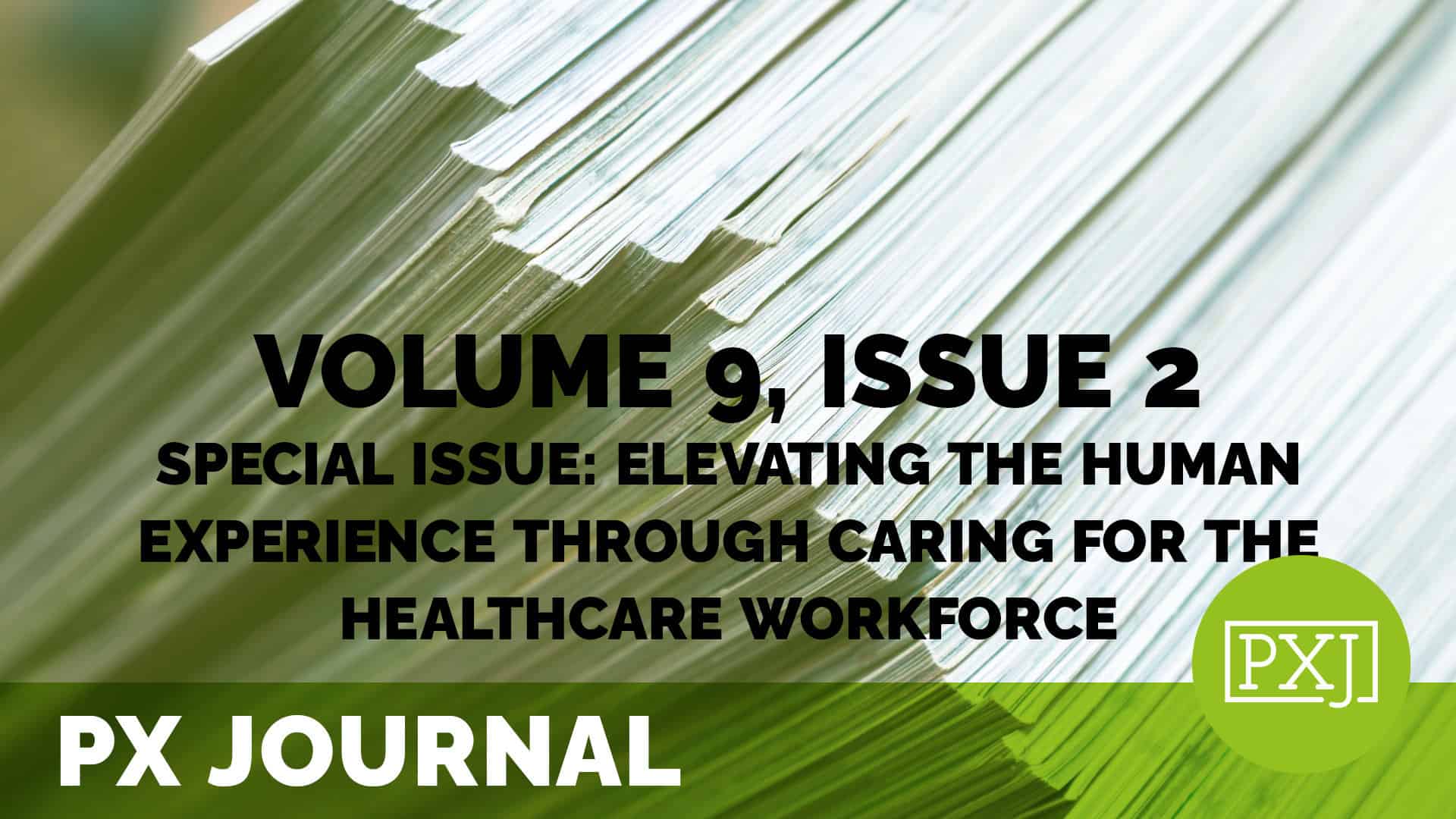Tranquility rooms for team member well-being: Implementation during COVID-19 pandemic

In 2020, the COVID-19 global pandemic changed the landscape of healthcare delivery and with it the need to better address team member well-being. Aside from patients and their families, healthcare professionals were among the most affected and at high risk for suffering psychological distress, including increased stress, depression, anxiety, substance use, and post-traumatic stress disorder. Prior to COVID-19, healthcare workers were already experiencing a high rate of job burnout, depression, and suicide. The pandemic brought in sharp focus the essential and urgent need for healthcare facilities to acknowledge the importance of team member well-being and the provision of spaces such as tranquility rooms for use while at work. This case study shares one health system’s evidence-based implementation plan for tranquility rooms, what was learned, and how team members responded. More research is needed to better understand team member well-being and the impact of tranquility rooms.
Related content
-
 Culture & Leadership | Staff & Provider Engagement
Culture & Leadership | Staff & Provider EngagementAligning Volunteer Programs with the Changing Landscape of Healthcare
Volunteerism in healthcare is an ever-changing landscape that requires assessment and realignment to ensure programs and needs within the health system remain relevant. In this session, participants will learn how to proactively participate in health system goals, the process for assessing and tracking their program efficacy, and how to align volunteer impact directly to the
Learn more -
 Culture & Leadership | Staff & Provider Engagement
Culture & Leadership | Staff & Provider EngagementUsing Gratitude to Elevate the Human Experience
In this webinar, the presenters will share how they developed a Gratitude Report as a part of Southcoast Health’s grateful patient program using positive patient feedback, comments, and stories to recognize caregivers that embody the values and service behaviors. The Gratitude Report is a list of employees’ names that have been mentioned by patients and
Learn more -
 Staff & Provider Engagement
Staff & Provider EngagementCreating a Culture of Care & Respect: A Shared Responsibility for Those Serving and Being Served
In this Learning Bite, Hartford Healthcare shares its journey to a culture change to mitigate workplace violence. The system-wide program, “Mutual Care Mutal Respect,” TM mandates a caring environment based on shared responsibility between colleagues, providers, patients, and visitors. Learn how this journey has created healthcare experiences where people feel respected and cared for.
Learn more
